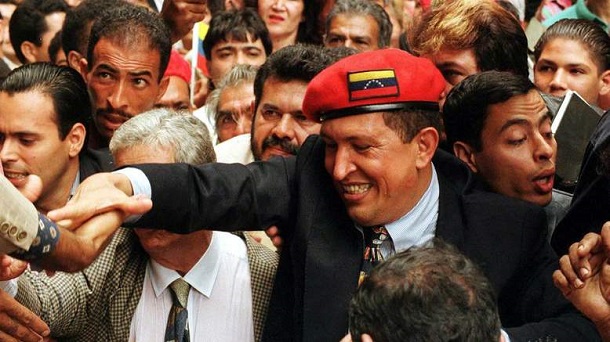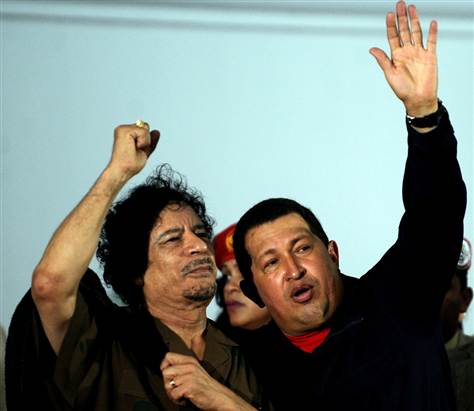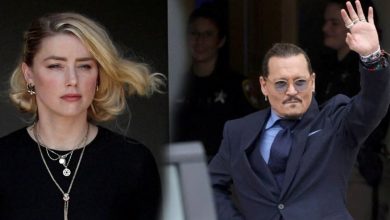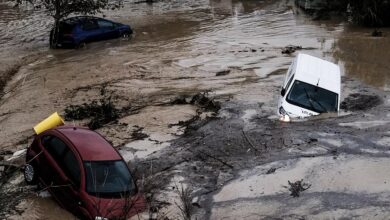Hugo Chavez was one of the most charismatic and controversial leaders of our time.
A master of the spotlight, his military fatigues and synthetic red tracksuits underlining his socialist credentials made him a photographer’s dream.
Best of all were the shots that captured him with his pet parrot Simon Bolivar, named after a Venezuelan general, and sometimes sporting a tiny red beret to match his own.
No wonder he caught the imagination of Hollywood film stars and directors – one day attending premieres with Oliver Stone, the next sharing jokes with Naomi Campbell.
Mr Chavez was a former soldier who was elected president in 1998, after being imprisoned for a failed coup seven years earlier.
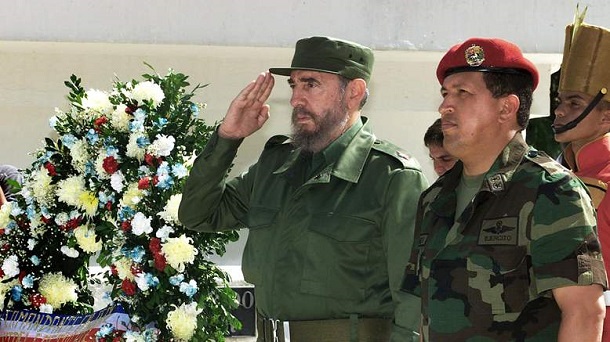
His nineties brand of revolutionary socialism won him plenty of affection among the poor, with many of his supporters viewing him with almost religious reverence.
It was an emotional connection he was happy to milk on his weekly television show, Alo Presidente. The masses tuning in for his rambling poetry recitals and even stranger song and dance routines.
His country’s vast oil reserves gave the president the money to tackle poverty, boosting spending on health and education. But corruption and mismanagement left the economy struggling and democracy withered under his rule.
An increasingly autocratic Mr Chavez changed the constitution to allow unlimited presidential terms, stamped hard on press freedom and nationalised many of the country’s industries.
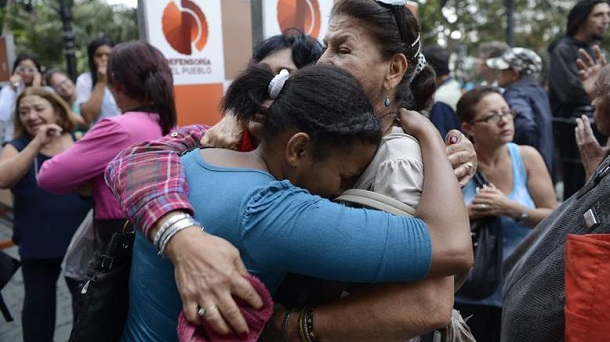
A natural firebrand, he didn’t confine himself to Latin American politics. Instead he took on the West by courting fellow controversial figures like Cuba’s Fidel Castro and Libya’s Muammar Gaddafi, forging a close alliance with Iran and offering Argentina support on the Falklands.
But Mr Chavez saved most of his wrath for the Americans, regularly referring to George W Bush as Mr Danger, and accusing Washington of “fighting terror with terror” in Afghanistan.
In one particularly bellicose statement in 2006 he appeared at the UN a day after the former American president and stated: “The Devil came here yesterday. It smells of sulphur still.”
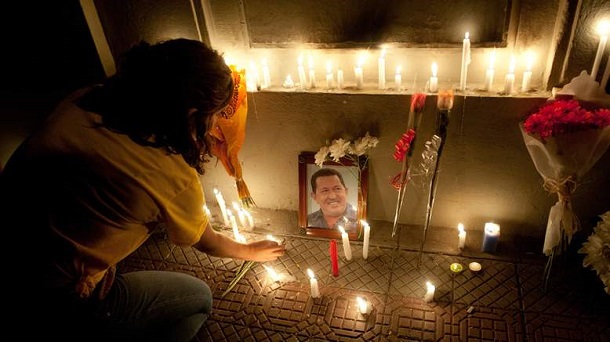
Even after four operations and intensive chemotherapy for his cancer, Mr Chavez maintained his grip on the country, anointing Vice President Nicholas Maduro as his preferred successor.
Too ill in January to travel back from Cuba for his inauguration, he managed to hang on to the presidency despite the constitution forbidding it.
For the three months before he died Mr Chavez wasn’t seen or heard of publicly, yet the cult of his personality was enough to keep his leadership alive.
Without it, Venezuela may emerge a very different country.
Hugo Chavez Legacy
While Chavez is regarded as a hero of socialism by many at home and abroad, he leaves behind a country in crisis.
His government is widely blamed for mismanaging Venezuela’s economy; with inflation running at 18 per cent, another credit devaluation is likely. The country’s homicide rate is likewise staggering – in 2010, Caracas had the world’s highest murder rate. Corruption is notoriously rampant in virtually every public institution, and consumer goods are scarce.
During the November elections, Chavez defeated opposition candidate Henrique Capriles by 11 percentage points. Critics accused his government of controlling the media and election apparatus, and of employing bullying tactics to discourage competition.
There is now a chance that Vice President Nicolas Maduro, Chavez’s chosen successor, could face a steep challenge should he run in the country’s forthcoming presidential election.
[adrotate group=”10″]
